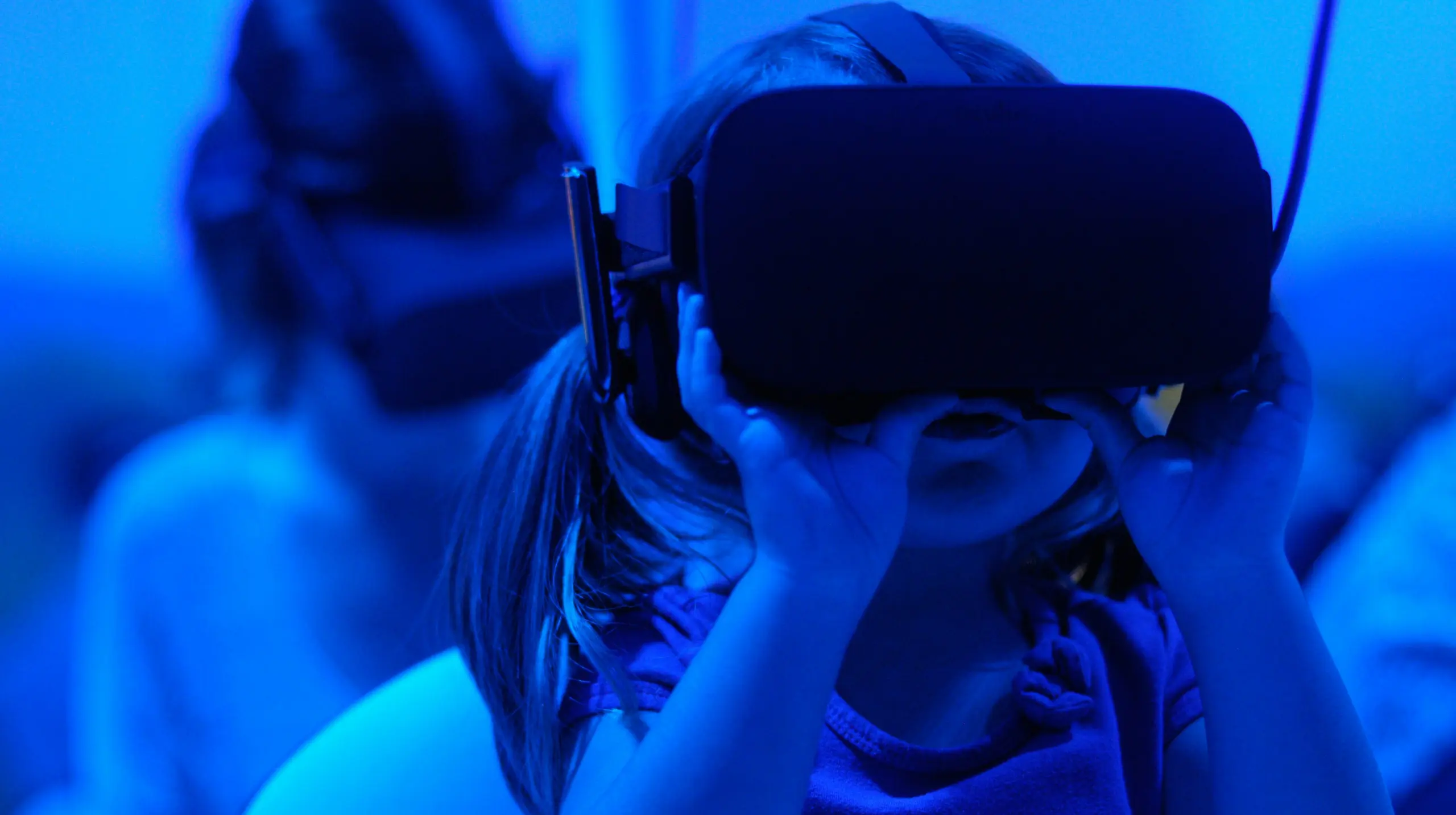Why research eats strategy for breakfast

Have you ever heard of the phrase, ‘Culture eats strategy for breakfast’? It’s a famous saying by management guru, Peter Drucker, who was communicating the importance of a workplace culture. While he wasn’t saying that strategy is unimportant, he was saying that an engaging and empowering culture is a steadier route to organisational success. Although we believe in the sentiment of this popular phrase, we have our own adaptation; ‘Research eats strategy for breakfast’.
Why research eats strategy for breakfast
Research is more important than strategy and needs to proceed it. Leaders need to know their context before they can develop a strategy as to where they are going. If we want to get outcomes in our organisations, we need data, research and insight. But not just data. We need clarified, distilled and clearly communicated data. If we have that, then people understand what the direction is. They can know the lay of the land and how to move forward appropriately. They can take the action because it has not only been measured, but communicated well.

Three reasons it is essential to be research-based
1. Evidence is more important than opinion.
Everyone has opinions, feelings or perceptions. While these have a place, evidence is more important because it is objective and can be explained to others. It’s more important than someone’s feelings, which can be shaped by their own personal experience, emotions or the influence of others. Leaders who lead without evidence can take people in the wrong direction, because there is no data to hold them accountable. Their leadership may be based on the power of their personality, their rank or authority, and as a result, no one else gets a voice. On the other hand, research gives an external source of truth and validation. It allows people to check in and see if you are heading in the right direction. It gives a shared reservoir of truth, and that’s the power of it.
2. Research creates a shared understanding, which is foundational to cohesion.
Organisations today are diverse and that’s important, but amidst the diversity, we need unity towards a common goal and shared understanding. Research provides a platform of evidence that people can share in together. It enables people to believe because they have seen it, and the data proves it. It can bring unity to the diversity, a sense of belonging and togetherness.
3. Insights are essential to driving direction.
The goal of an organisation is not merely to just exist, but to do something, head somewhere, have impacts and make a difference. And what drives that difference is not strategy, but research. Insights are the catalyst for heading in a certain direction and clarify, enlighten and shine a light. Research shows us where we are, where we can go and how we can get there.
Telling the story in the data
If all we do is collect data and not focus on how it will be communicated or translated, then we’re not going to have impacts with it, regardless of how powerful that data may be. Turning statistics into an understanding for most people is important because research is only helpful when it’s in the hands of those who can apply it and make a difference. That’s not normally the board of an organisation or the person that commissioned the research.
It’s usually people on the frontline, and what they need is the insights delivered in an engaging way. Think infographic or video summary. Therefore, how we communicate the research is just as important as the research itself. Even thinking of other ways of getting that across through instruments, dashboards, or interactive websites can be helpful. Because research is at its best when it’s not just read but seen. When it tells a story and is understood, so that it can create change or action.




